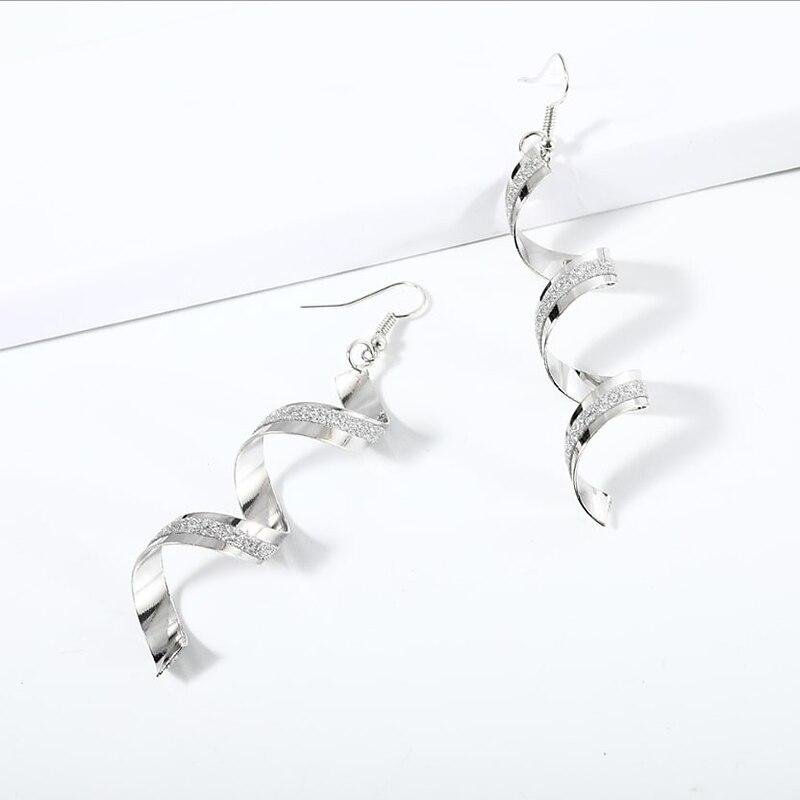Tag: fashion, clothing, trends, style, impact
The fashion industry has undergone a significant evolution over the years. From traditional handcrafted garments to mass-produced fast fashion pieces, the way we dress and express ourselves through clothing has transformed tremendously. This evolution has not only changed our wardrobes but also had a profound impact on our lives.
Fashion is more than just clothes; it is an art form that reflects social and cultural changes. In ancient times, garments were created using natural materials like animal skins and plants. It was a symbol of status and defined one’s place in society. Fast forward to today; with advancements in technology and global trade, the production process has become faster and more efficient.
One major trend that emerged from this evolution was fast fashion – inexpensive clothing produced rapidly to keep up with ever-changing trends. While this may seem convenient for consumers looking for affordable options, it comes at a cost to both the environment and garment workers’ well-being.
As consumers demand more variety at lower prices, brands resort to unethical practices such as sweatshops or outsourcing labor to developing countries where wages are low. This exploitation of workers not only violates human rights but also contributes significantly to environmental degradation due to pollution caused by textile factories.
Moreover, fast fashion promotes excessive consumption which leads to waste generation. Clothes made from synthetic fibers take centuries to decompose in landfills while natural fabrics require large amounts of water for production resulting in water scarcity issues.
However, there is hope amidst all these negative impacts as people become more aware of sustainable fashion practices. Many brands have started incorporating ethical sourcing methods into their supply chain while promoting recycling initiatives through clothing donation programs.
Fashion trends have also shifted towards sustainability with eco-friendly materials like organic cotton gaining popularity among designers. Consumers are becoming conscious about their purchases by opting for timeless wardrobe staples instead of constantly buying trendy pieces.
The impact of fashion goes beyond just the environment; it also influences our self-confidence and how we present ourselves to the world. The clothes we wear can make us feel empowered, confident, and express our personality. This is why fashion plays a vital role in shaping our lives.
In conclusion, the evolution of the fashion industry has brought about significant changes in society. While fast fashion may have its drawbacks, it has also sparked conversations about sustainable practices and responsible consumption. As individuals, we can make a positive impact by supporting ethical brands and making conscious choices when it comes to clothing purchases. Fashion will continue to evolve, but let’s ensure that it does so in an ethical and sustainable manner for the betterment of our planet and ourselves.

